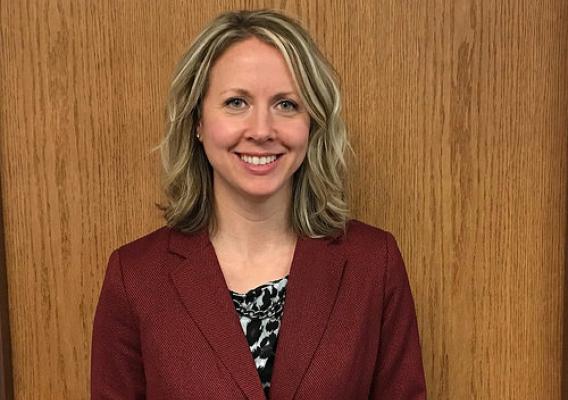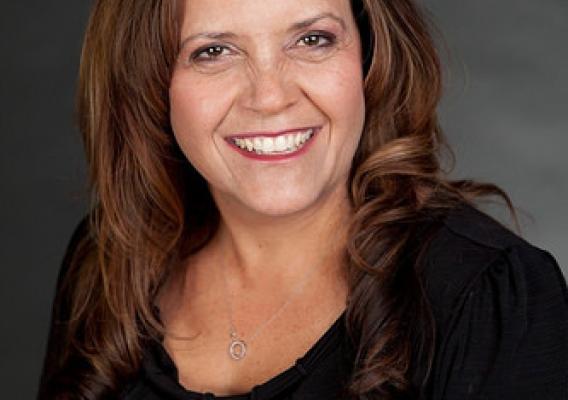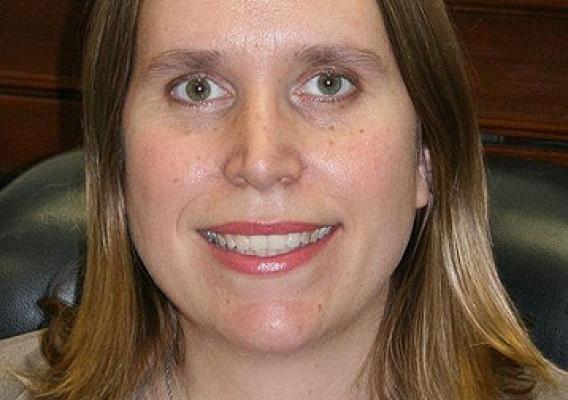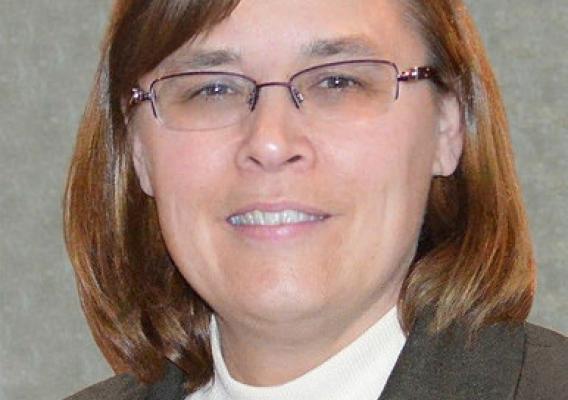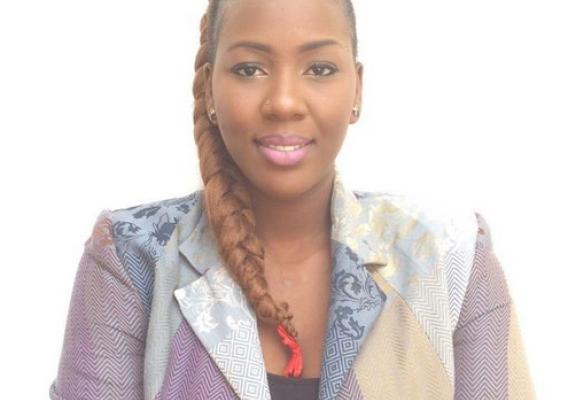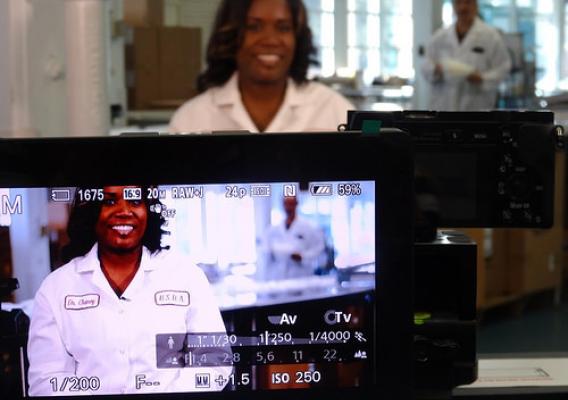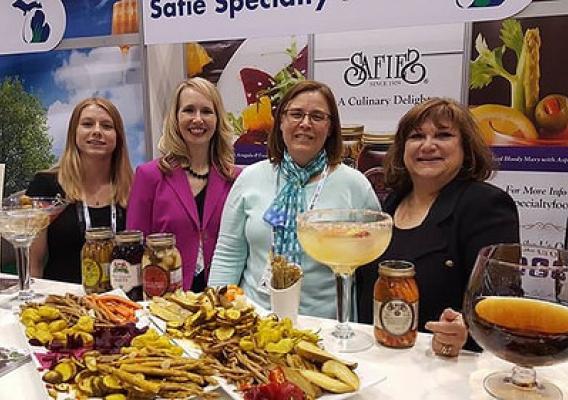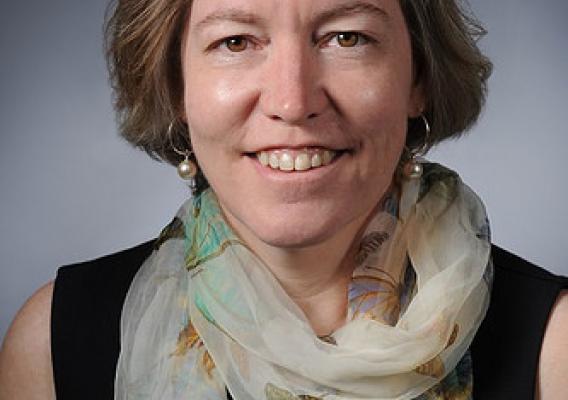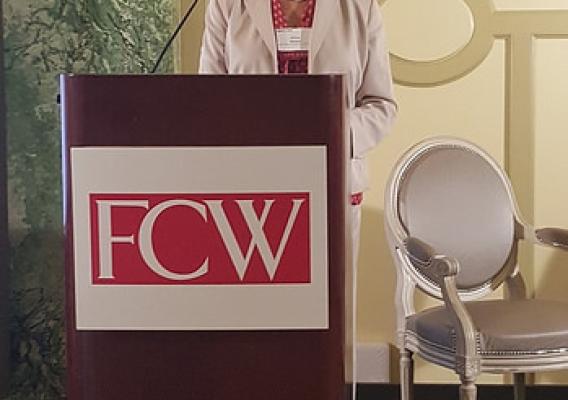Every month, USDA shares the story of a woman in agriculture who is leading the industry and helping other women succeed along the way. This month, we hear from Beth Robinette, a rancher and leader in the local food and regional food movement in Spokane, Washington. She runs her family's fourth-generation grass fed beef operation the Lazy R Ranch, and is one of the co-founders of LINC Foods, a worker and farmer owned cooperative food hub based in Spokane. She studied sustainable agriculture and business and marketing at Fairhaven College at Western Washington University, and earned her MBA in Sustainable Systems at Pinchot University with an emphasis on Local Living Economies and Sustainable Food and Agriculture.
How did you first become interested in the local and regional food movement?
Local food was really the norm in my household growing up. We raised a lot of our own food, or we would trade beef for things we didn’t raise ourselves. My grandpa was a prolific gardener and I can vividly remember the joy of eating a perfectly ripe tomato, warm from the sun, out of his garden. My dad had a part-time job working for a sustainable agriculture non-profit called the Washington State Food and Farming Network when I was in middle school and high school. He was the Eastern Washington coordinator and his job put him in contact with many movers and shakers in the local/regional food movement, which was really my first exposure to the idea. It wasn’t until I left for college, however, that I began to realize how privileged I had been to grow up on a ranch, and that most of my fellow students had a totally different relationship to food and agriculture than I did. I read Michael Pollan’s Omnivore’s Dilemma for a class my freshman year, and I was pretty much hooked on local food from then on.

